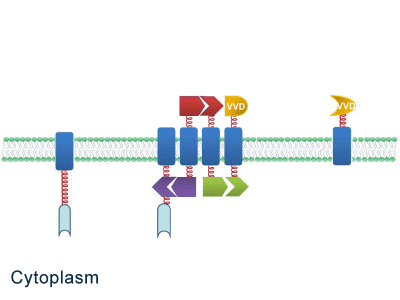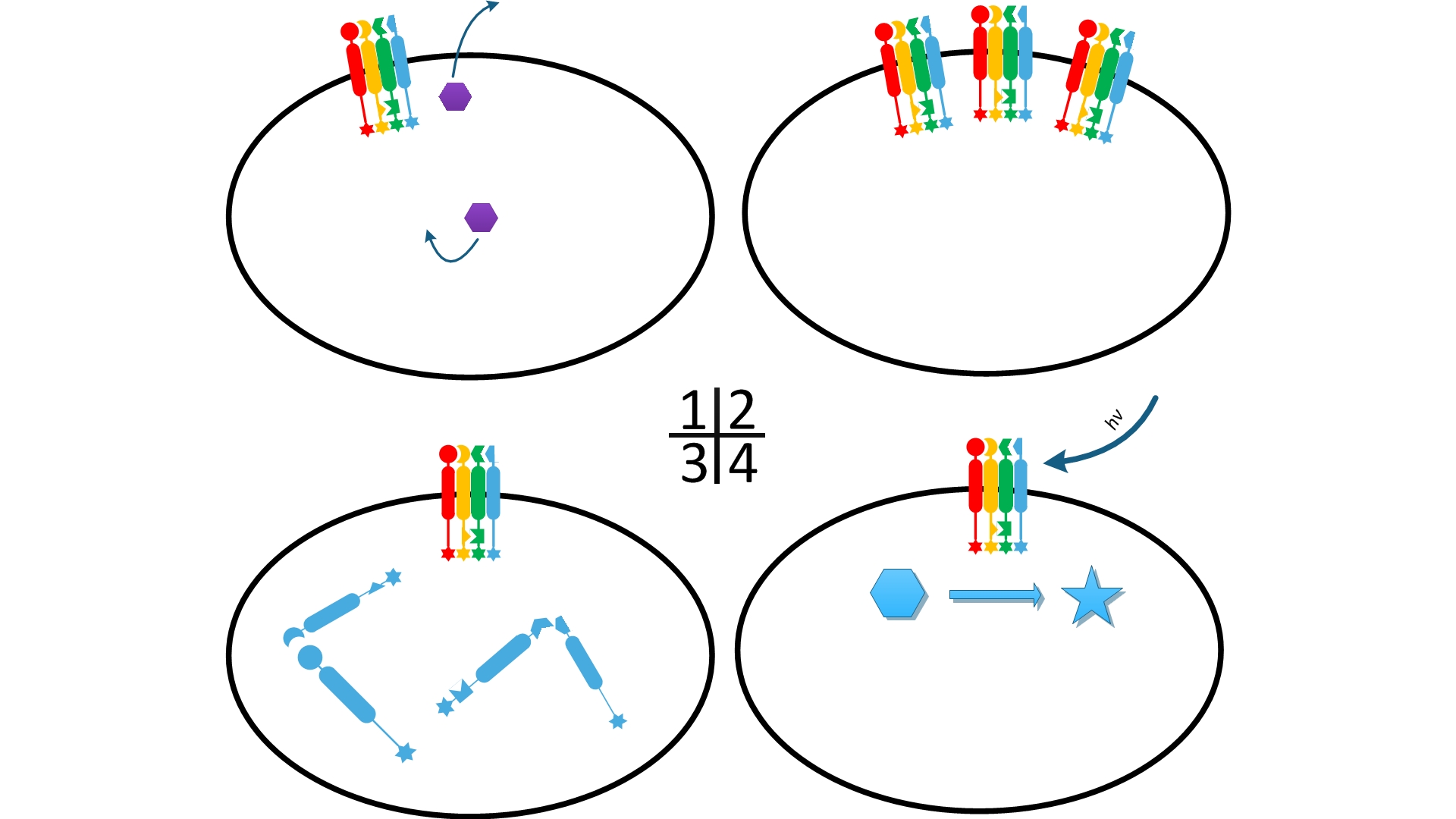Team:SJTU-BioX-Shanghai/Project
From 2012.igem.org
AleAlejandro (Talk | contribs) (→Project Overview) |
AleAlejandro (Talk | contribs) (→Introduction) |
||
| Line 40: | Line 40: | ||
==Introduction== | ==Introduction== | ||
| - | In this year, we expanded the definition of scaffold and developed two universal devices called ''Membrane Accelerator'' and ''Membrane Rudder'' respectively. Together,they made ''Membrane Magic'' happen! | + | In this year, we expanded the definition of ''scaffold'' in synthetic biology and developed two universal devices called ''Membrane Accelerator'' and ''Membrane Rudder'' respectively. Together,they made ''Membrane Magic'' happen! |
Previous researchers have focused on building protein, RNA or DNA scaffold as constitutive assemblies carrying enzymes. They have succeeded in increasing product yields. However, the amount of those scaffolds could be limited by its expression or copy level, leading to restriction on further acceleration. Through ''Membrane Magic'' Project, we engineered ''E.coli'' membrane into a huge scaffold accommodating enzymes without limitation of scaffold amount. Moreover, protein assembly on membrane could readily receive extracellular or intracellular signal, so the whole system becomes highly tunable, different from previous work. | Previous researchers have focused on building protein, RNA or DNA scaffold as constitutive assemblies carrying enzymes. They have succeeded in increasing product yields. However, the amount of those scaffolds could be limited by its expression or copy level, leading to restriction on further acceleration. Through ''Membrane Magic'' Project, we engineered ''E.coli'' membrane into a huge scaffold accommodating enzymes without limitation of scaffold amount. Moreover, protein assembly on membrane could readily receive extracellular or intracellular signal, so the whole system becomes highly tunable, different from previous work. | ||
Revision as of 02:56, 23 October 2012
| ||
|
 "
"


